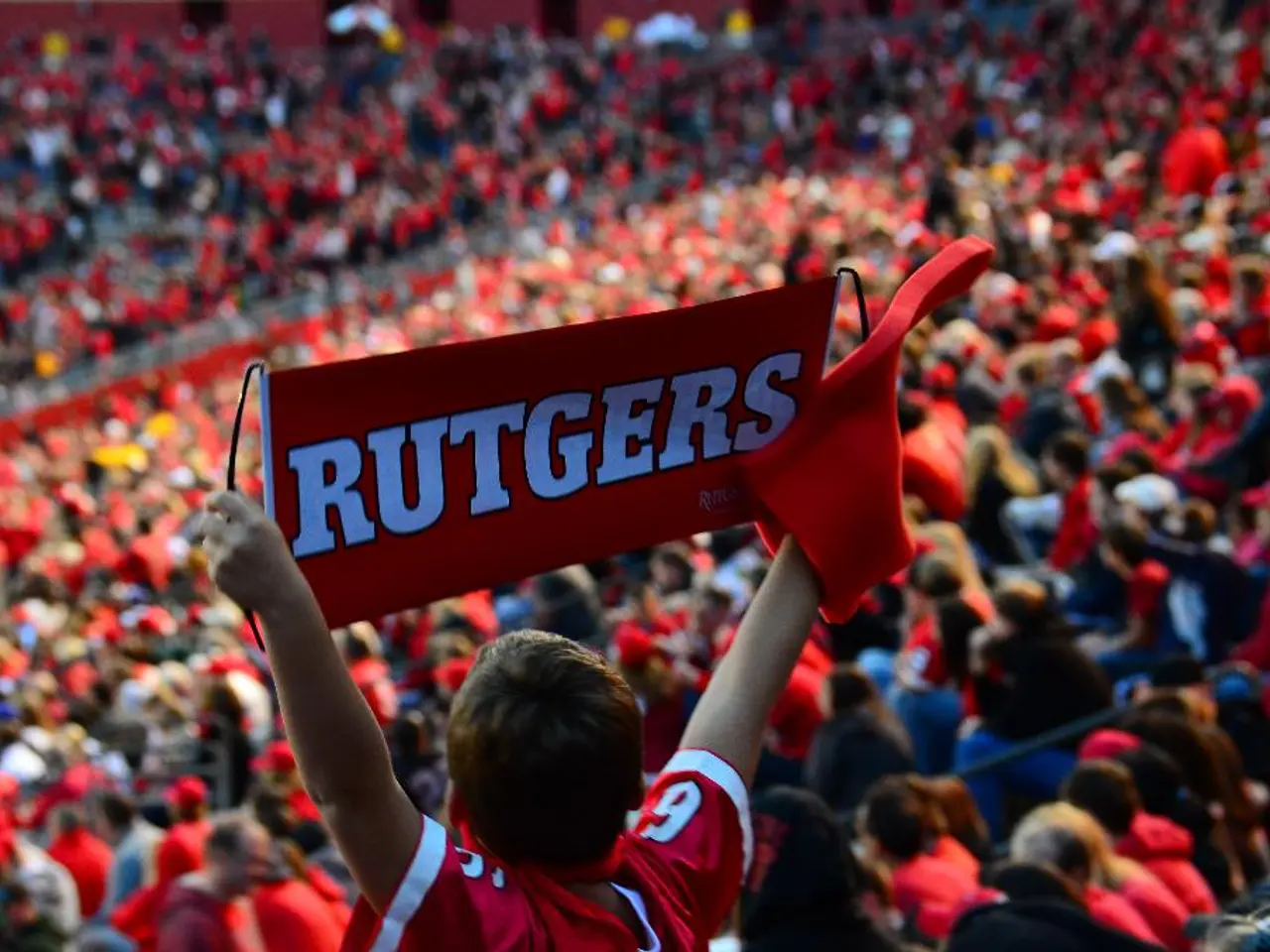Impact of ADHD on Social Interactions: Insight into the Role of ADHD in Shaping Social Behavior
Improving Social Skills for People with ADHD: A Guide to Therapy and Management Strategies
People with Attention-Deficit/Hyperactivity Disorder (ADHD) often face challenges in their social interactions due to symptoms such as impulsivity, hyperactivity, and inattention. However, therapy and management strategies can help individuals with ADHD improve their social skills and form better relationships.
According to CHADD, one social skill that people learn is not to point out another person's mistakes, a lesson that can be particularly confusing for people with ADHD. Children with ADHD may have difficulty sitting still, talk excessively, interrupt others, or finish others' sentences, which can make it harder for them to make friends.
Cognitive-behavioral therapy (CBT) is one approach that can help individuals with ADHD identify and change negative thought patterns and behaviors that interfere with social interactions. CBT teaches practical skills such as active listening, social scripts, and managing anxiety, which improves social competence and relationship-building.
Behavioral therapies, including behavior modification and social skills training, provide structured guidance to recognize social cues, reduce impulsive reactions, and practice appropriate social behaviors in various settings. This fosters better peer and family relationships.
Talk therapy, including marriage and family therapy, addresses relational conflicts caused by ADHD symptoms like forgetfulness or impulsivity, improving communication and understanding within families and couples.
In addition to therapy, management strategies that improve time management, organizational skills, and emotional coping help reduce stress and impulsivity, which indirectly supports healthier social interactions and relationship stability.
Doctors recognize three types of ADHD: mostly inattentive, mostly hyperactive, and a combination of the two. People with the mostly hyperactive type may not be able to sit still, interrupt others, finish others' sentences, or talk over others. Those with the mostly inattentive type may have trouble staying focused on conversations, be easily distracted, and avoid eye contact with others.
CHADD states that many people with ADHD who have difficulty with social skills also have low self-esteem. Missing social cues, such as understanding a person's tone of voice or gestures, can exacerbate these issues. These behaviors can lead to fragile relationships characterized by misunderstanding and miscommunication.
Caregivers can reinforce positive social experiences with praise or rewards and point out any nonverbal cues that children may have missed. However, children with ADHD may not recognize these learning opportunities and may not behave in accordance with cultural norms, leading to peer rejection.
CHADD calls for more research to determine how ADHD can affect a person's relationships throughout life. They also advise that many people with ADHD can improve their social skills through therapy, which may include role-play, modeling, feedback from the therapist, and input from anyone else in the group. Doctors may also recommend therapy for the family members of a person with ADHD to help them learn new ways of coping with disruptive behavior.
In conclusion, therapy tailored to individual needs equips people with ADHD with social skills, emotional resilience, and practical tools that enhance their ability to connect with others and maintain fulfilling relationships. Medication, while not a direct social skills intervention, may also make behavioral and emotional regulation easier, thereby supporting therapy's benefits.
[1] Hinshaw, S. P. (2002). Attention deficit hyperactivity disorder: A handbook for diagnosis and treatment. Guilford Press.
[2] Barkley, R. A. (2013). Taking charge of ADHD: The complete, authoritative guide for parents. Guilford Press.
[3] Safren, S. A., Sprich, S., & Wycoff, R. M. (2005). Cognitive-behavioral therapy for adults with ADHD: A review of the empirical literature. Clinical Psychology Review, 25(8), 1095-1110.
[4] DuPaul, G. J., & Stoner, G. R. (2003). Classwide peer-mediated interventions for ADHD: A review of the literature. Journal of School Psychology, 41(4), 489-504.
[5] Arnold, L. E., Guevremont, D., & Carlson, C. (2005). Social skills training for youth with ADHD: A meta-analytic review. Journal of Abnormal Child Psychology, 33(5), 639-655.
- Pfizer, in partnership with CHADD, could fund research to further investigate the impact of ADHD on an individual's relationships and mental health throughout their life.
- In addition to therapy, health-and-wellness programs that focus on caregiver support could provide resources and training on strategies for facilitating childandadolescentmentalhealth, such as reinforcing positive social experiences and recognizing cultural norms.
- Science-backed health-and-wellness approaches, including cognitive-behavioral therapy (CBT) and medication, could help block the negative impacts of ADHD symptoms on mental health and social interactions, leading to healthier relationships.




